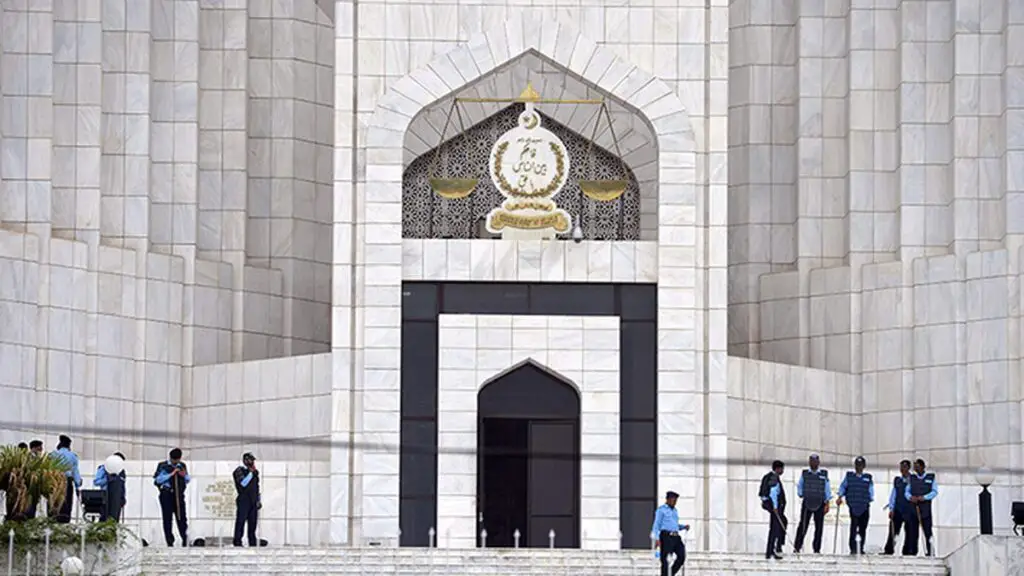In recent developments in Pakistan, concerns have been raised by judges regarding interference from intelligence agencies in the judiciary. Let’s delve into the details of this issue and explore the implications for the country’s legal system.
The Background Story
Back in March, six judges from the Islamabad High Court penned a letter to Pakistan’s Supreme Judicial Council, highlighting instances of intelligence agencies attempting to influence judicial decisions. This prompted the government to establish an inquiry commission, initially headed by a former Chief Justice of Pakistan. However, after the nominee declined, the Supreme Court of Pakistan took suo motu notice of the matter.
The Allegations
The contents of the judges’ letter point towards a pattern of interference by the executive branch, carried out through intelligence operatives. The judges seek clarity on their duty to report any such attempts to undermine judicial independence and manipulate legal outcomes. They call for an inquiry to assess the extent of this interference and suggest the need for a code of conduct to safeguard judicial autonomy.
Response from the Judiciary
The senior judiciary has responded swiftly to these allegations. The Chief Justice of Pakistan emphasized the importance of upholding judicial independence and vowed to resist any executive meddling in the judiciary’s affairs. Despite initial attempts to address the issue through an inquiry commission, the Supreme Court intervened with a suo motu notice. Broad support from civil society and the legal community has bolstered the stance of the six judges.
Challenges Ahead
This isn’t the first instance of intelligence agencies encroaching on judicial functions. Past controversies involving the judiciary and intelligence services have raised concerns about the balance of power in Pakistan. Efforts to curb such interference have been met with mixed results, underscoring the need for structural reforms to fortify judicial independence and protect it from external influences.
As Pakistan navigates this complex terrain, the judiciary’s ability to maintain its autonomy will play a crucial role in upholding the rule of law and ensuring justice for all.
Author: A Professor at the National Institute of Advanced Studies, Bengaluru


